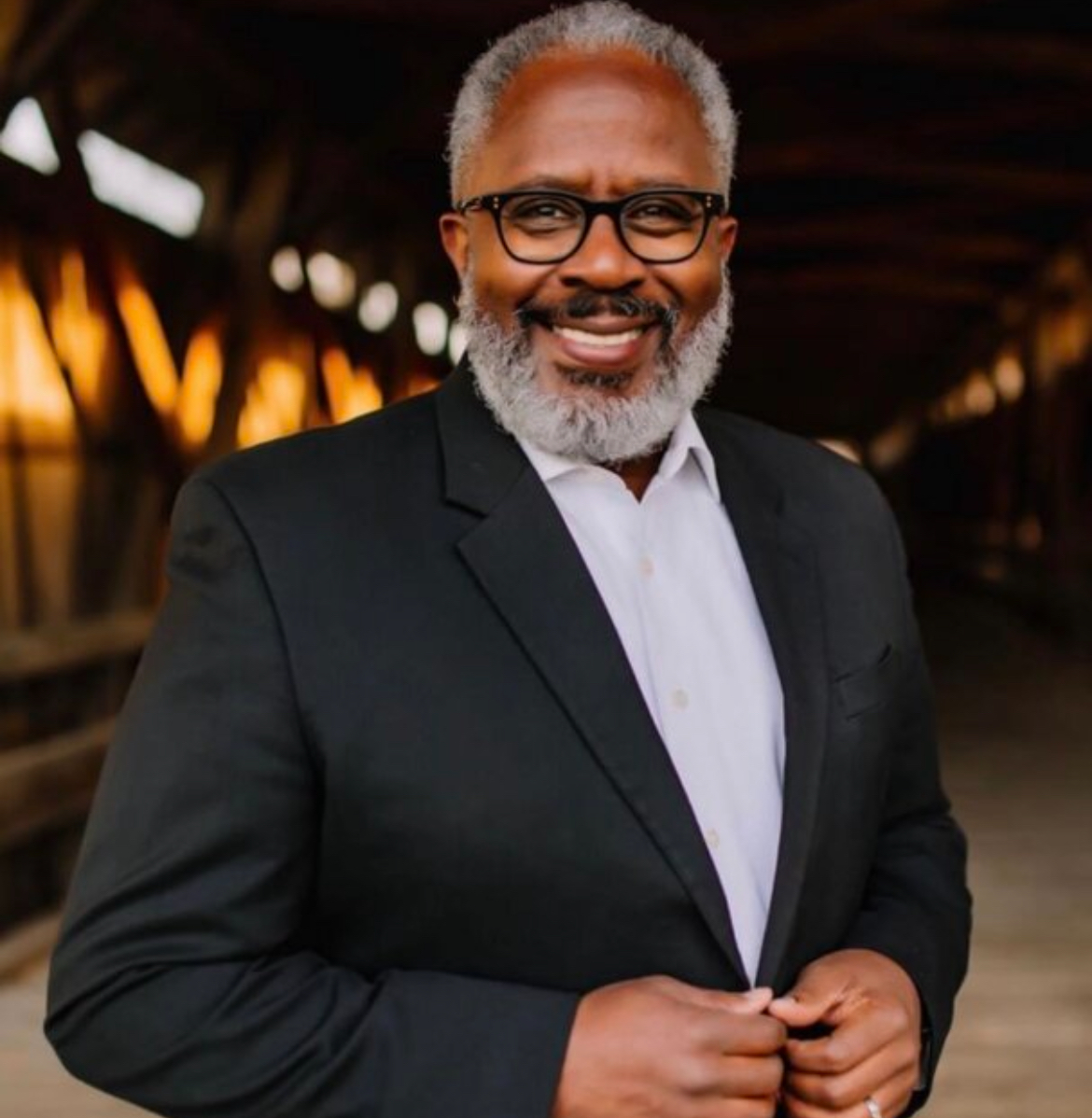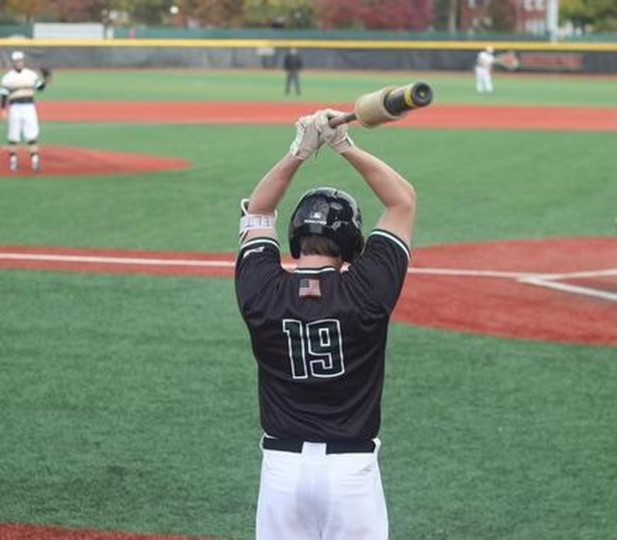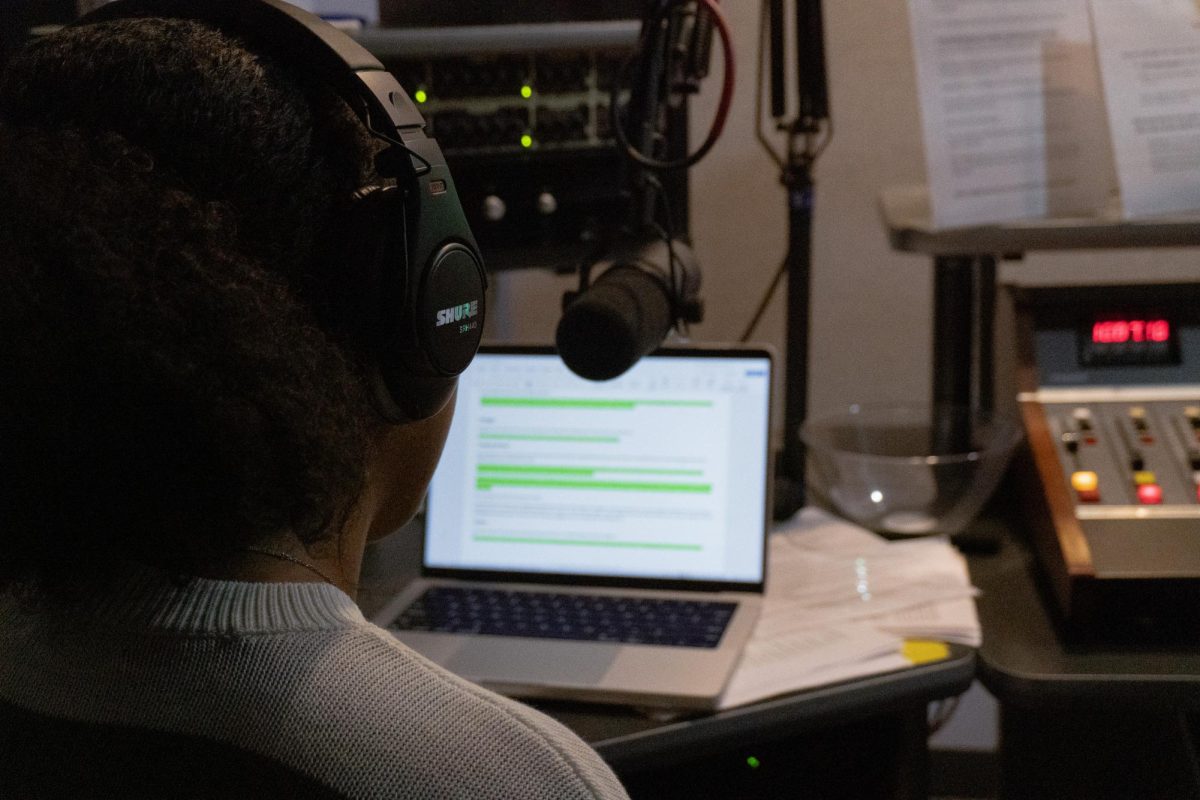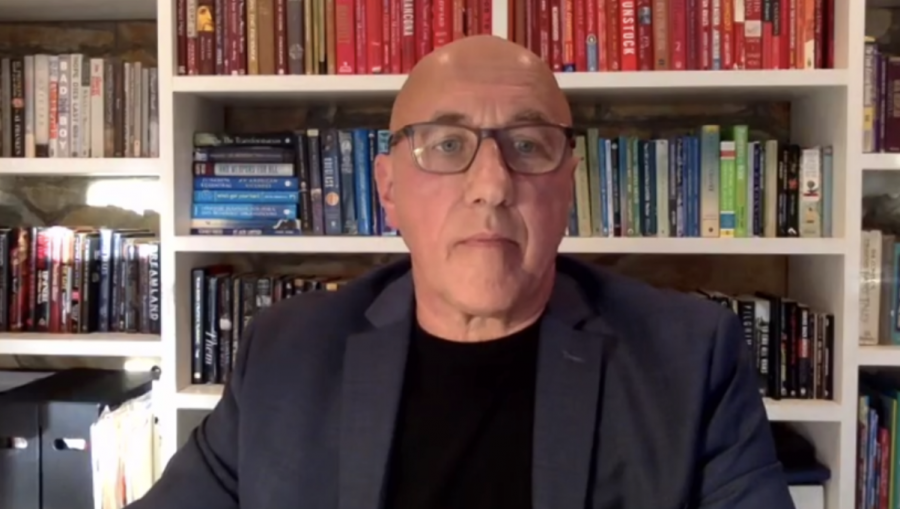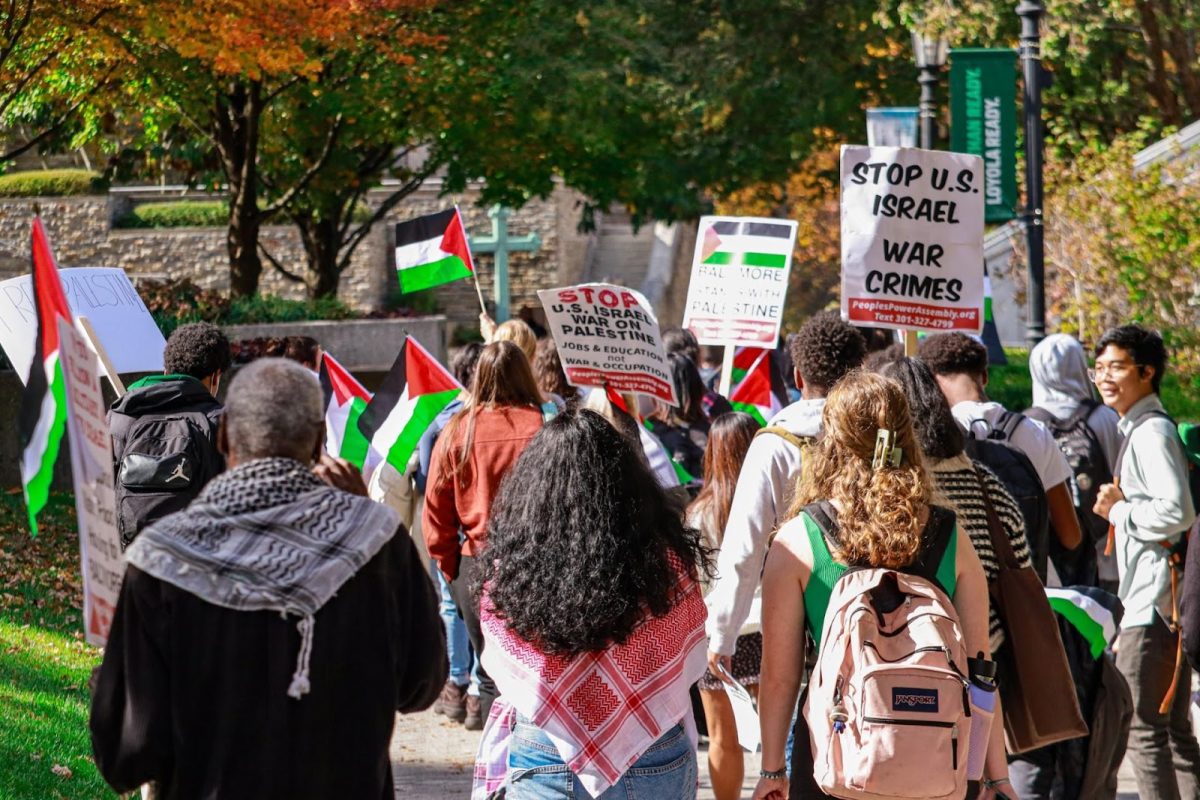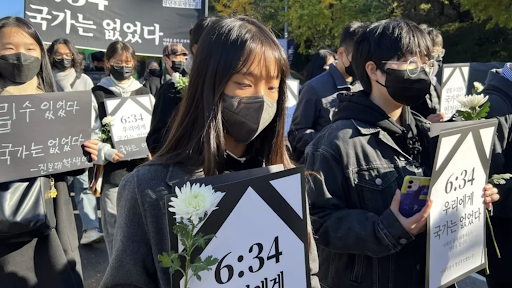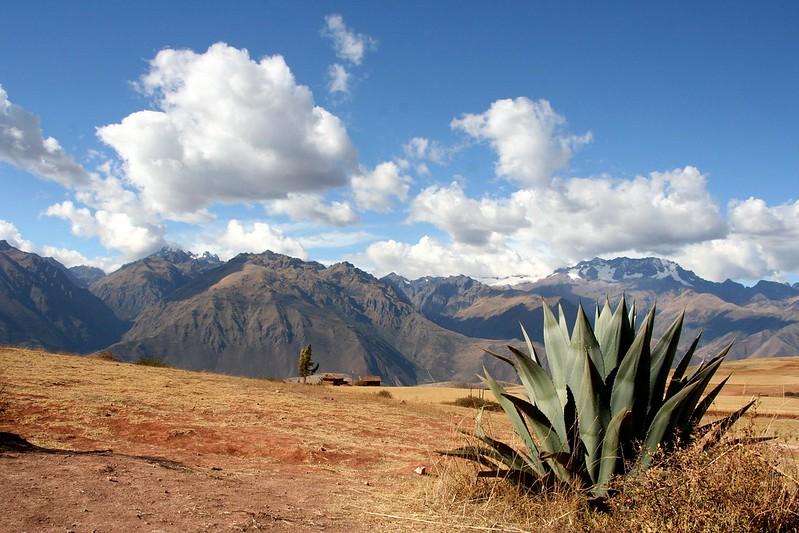A humanitarian crisis has been unfolding in Myanmar, also referred to as Burma, since 2017 with violence increasing over the past year. The United Nations is investigating claims of genocide, while the U.S. declared genocide this year. According to Special Rapporteur Tom Andrews, the struggle of the Burmese people is going unnoticed in a time of social media advocacy.
Andrews was named Special Rapporteur, an independent investigator on human rights, to Myanmar in 2020. An attempted ethnic cleansing of the 1.4 million Rohingya people living in Myanmar, the 2021 coup d’etat by its military junta, and widespread political resistance movement have sent the country into a violent spiral. Over one million Burmese are internally displaced, more than 650,000 have been forced to flee the state, and thousands have been murdered or imprisoned by the new government.
Andrews relayed these findings to the Baltimore Council on Foreign Affairs on Sept. 16, calling on the citizens of Baltimore and beyond to fight for change. He appealed to the online audience to generate political will.
“It’s up to us, as citizens of the world, who care about human rights and dignity, care about the enormous suffering going on in places like Myanmar, to stand up and have our voices be heard,” Andrews said. “In the halls of Congress, the decision-makers, the editorial boards, in every way possible to have our voices be heard on behalf of those facing such incredible challenges.”
Wai Wai Nu, a Rohingyan activist and former political prisoner, asserted that the international community has an obligation to help the people of Myanmar. Through the Responsibility to Protect principle in the UN, member-states have a duty to assist citizens of other states when their home state will not protect their rights.
Speaking about the international community’s ability to help Myanmar, Nu said, “If there is a political will, it is actually effective. It can actually implement all the promises under the Responsibility to Protect. In the case of Ukraine, countries have come together to take actions at the ICC and put sanctions against Russia.”
There are multiple routes for Loyola students to help the people of Myanmar. The most accessible way to support Myanmar is to use social media to spread information about the unfolding situation. If students have the means, the pro-democracy Civil Disobedience Movement and the local newspaper Myanmar Now take direct donations. Alternatively, students can volunteer for organizations like the International Rescue Committee (IRC), which helps refugees establish a new life. Lastly, students can contact their local representatives and charge up the political will to get the international community to act.
Quinn Vaughan ‘25 is volunteering at the IRC this semester. He will work as the first point of contact for refugees, helping them to find housing and income.
“I chose this internship because I’ll have that direct correlation with the refugees themselves,” Vaughan said. “I’ll be able to see the life they’ll end up living, compared to online where I can’t really see the impact.”
The Burmese fight for democracy is being largely overshadowed by other events in the international system. Students can help their cause at any time and put this struggle into the public’s consciousness.
Nu says her people need more assistance, “We feel a bit abandoned, unsupported. There should be more support for our people.”
Featured Image courtesy of Jeremy Ahearn, a screengrab from a speech given by Tom Andrews.













